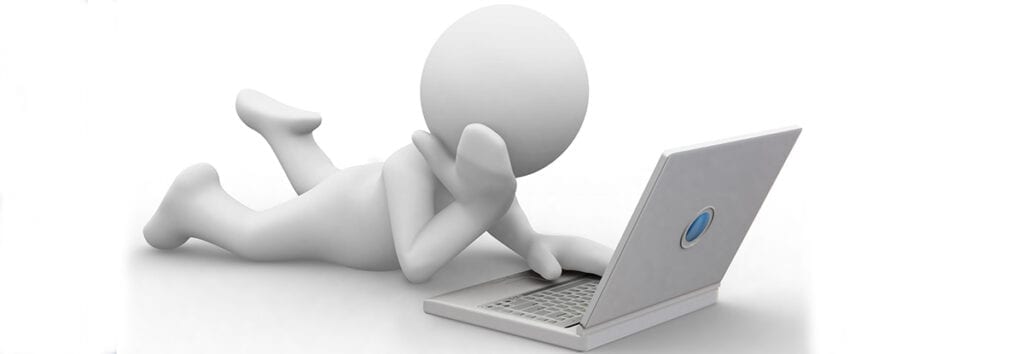
by Brandon Gillin, Immigration Lawyer at Genesis Law Firm
Genesis Law Firm, PLLC has immigration and naturalization/citizenship lawyers in Bellevue and Everett, WA. This brief guide on the Consular Report of Birth Abroad is intended to provide general information on the subject and should be be construed as legal advice.
The Consular Report of Birth Abroad (CRBA) is a mechanism whereby a U.S. citizen who has a child while living abroad may apply to have his or her child become a U.S. citizen. If you are a U.S. citizen and you have a child abroad, the child does not automatically become a U.S. citizen; rather, an application for CRBA must be made at the U.S. Embassy or Consulate in the country where you are residing.
The CRBA is made on U.S. State Department Form DS-2029 and is only available to children under the age of 18. Eligibility for CRBA-issuance depend on several factors, including (1) whether one or both of the child’s parents are U.S. citizens, (2) whether the child’s parents were “in wedlock” (married) when the child was born, and (3) whether the U.S. citizen parent(s) were physically present in the U.S. (or its territories) for a certain period of time.
The U.S. Embassy or Consulate is responsible for issuing the CRBA. Generally, an application for CRBA may be made in person at the Embassy after scheduling an appointment either online at the Embassy’s web site or by telephone. The Embassy will require that the parent(s) bring specific documentation to the appointment. This documentation includes, at the very minimum, the following:
- The child’s birth certificate (and English translation if applicable);
- Evidence of the parent(s)’ U.S. citizenship and identity;
- Evidence of the U.S. citizen parent(s)’ physical presence or residence in the U.S. prior to the birth of the child;
- Parent(s) marriage certificate, if applicable;
- Evidence of the termination of any previous marriages of the parents;
- If a person other than a parent of the child is applying for the CRBA, the person must present a certified copy of legal guardianship or a notarized affidavit from the parent(s) authorizing the person the make the application.
- One 2×2″ passport-style photo of the child;
- Filing fee of $100 for the CRBA (and an additional $105 if a U.S. passport is desired).
If the parent(s) would like a U.S. passport to be issued for the child, the parent(s) should complete (without signing) Form DS-11. For a social security number, use Form SS-5 from the Social Security Administration.
The physical presence requirement for the U.S. citizen parent(s) differs depending on whether the child was born to parents in wedlock or out of wedlock. The requirements are below:
Child born to two U.S. citizens in wedlock
The only requirement is that at least one of the parents resided in the U.S. at some prior time; no specific period of time is required.
Child born to one U.S. citizen and one non-U.S. citizen in wedlock after November 14, 1986
Before the birth of the child, the U.S. citizen parent must have been physically present in the U.S. for five years, at least two of which were after s/he reached age 14.
Child born to one U.S. citizen and one non-U.S. citizen in wedlock between December 24, 1952 and November 13, 1986
Before the birth of the child, the U.S. citizen parent must have been physically present in the U.S. for a period of 10 years, at least 5 of which were after s/he reached age 14.
Child born to a U.S. citizen mother out of wedlock
Before the birth of the child, the U.S. citizen mother must have resided in the U.S. continuously for at least one year.
Child born to a U.S. citizen father out of wedlock
Before the birth of the child, the U.S. citizen father must have resided in the U.S. for at least 5 years, at least two of which were after s/he reached age 14 (if the child was born on or after November 14, 1986). If, however, the child was born between December 24, 1952 and November 13, 1986, the U.S. citizen father must have been physically present in the U.S. for a period of 10 years, at least 5 of which were after s/he reached age 14. In cases where the Embassy questions the biological relationship between the U.S. citizen father and the child, the Embassy may require evidence of the relationship between the U.S. citizen father and the mother. If documentary evidence cannot be obtained, a DNA test may be provided as evidence. Sworn statements of the parents, by themselves, will not suffice to establish the biological relationship.
Genesis Law Firm has citizenship lawyers in Seattle who are well-versed in the CRBA process. To schedule a paid consultation, call (866) 631-0028, ext. 103.
Back to Immigration Table of Contents

